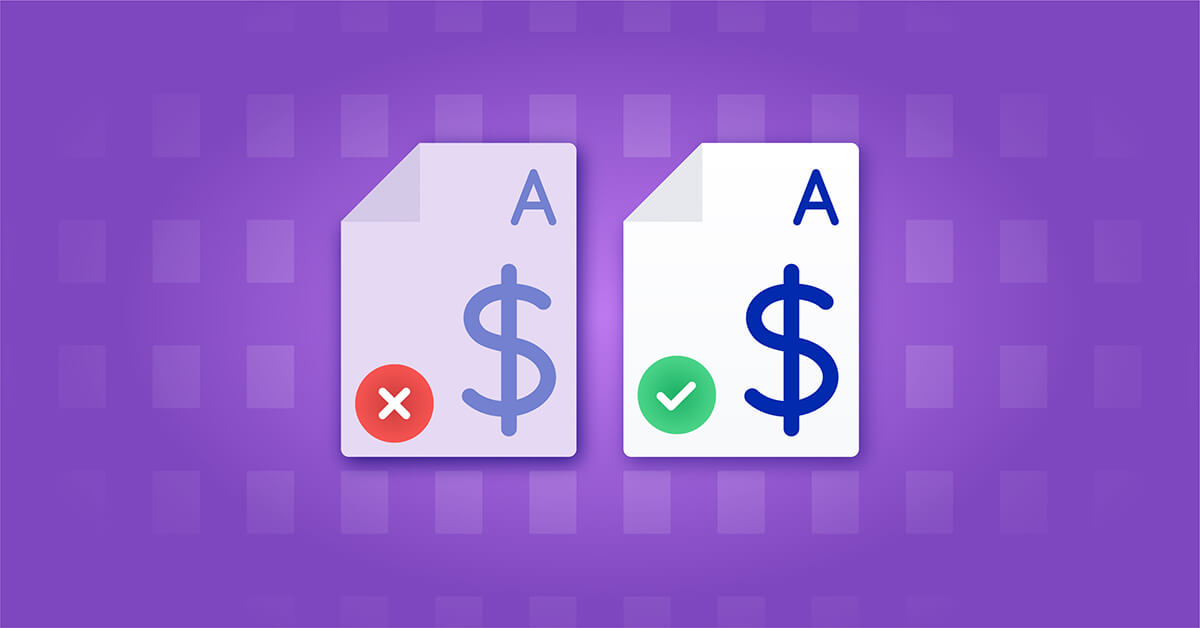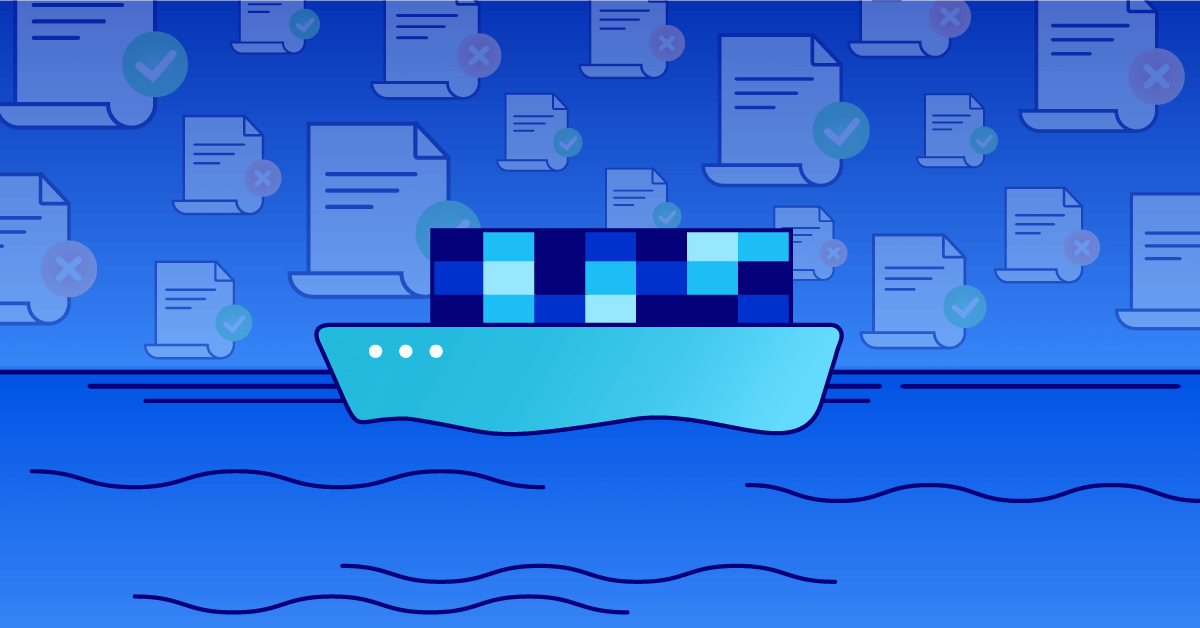While auditing freight bills is not a glamorous part of operations, it is— without question—a critical plug to accounting that enables businesses to ensure invoices are drawn out correctly, and errors are eliminated. Traditionally, freight audit firms offer pre, post, second audits for freight invoices and convince customers that performing three audits is the only way to fully protect against being overcharged. While opting for multiple audits sounds theoretically good, there are functional issues in how freight audit companies approach the auditing process.
The True Cost of Pre-Audit and Post-Audits
The pre-audit of a freight bill is an audit that is done prior to it being submitted to accounting for payment. This audit verifies the recorded freight bills, including their validity, fuel charges, miles hauled, redundant fees, and accessorial charges. Once the vetting is done, and bills are deemed consistent, the company proceeds to pay for the services rendered. If any issues are found pre-audit, the customer can go back to their vendor to have the issues reconciled before payment.
Freight bill post-audit is a process that is similar to pre-audit but, as the name suggests, is done after the payment is processed. While the two auditing processes are similar, the charges incurred by the customer for each service varies greatly. Pre-audits are relatively inexpensive and customers pay a flat fee to have freight audit firms process their invoices for errors or potential issues. Post-audit processes on the other hand are usually charged on a contingency basis, meaning the freight audit firms do not make money if they do not uncover billing errors.
In the post-audit when they discover the inevitable errors that slipped through the pre-audit, the freight auditing firm goes to the vendor and asks for the overpayment to be returned. While this sounds great for companies, it is far from ideal. The freight audit firm will take a large portion of the overcharges that are returned, despite the fact that they missed overpayment initially.
The Inefficiency of Second Audits
Many companies also push customers to perform a second audit, more widely known as an annual or quarterly audit. The function of this audit is to help customers understand whether their first post-audit was effective and recover more wasted spend. Missing wasted spend in the pre-audit and recouping a small portion in the post-audit, only to charge the customer more to recoup missing funds during a quarterly or annual audit is highly inefficient. This flawed system can be crushing for businesses that rely on working capital for their operations.
Expectedly, many freight audit firms look at post-audit and second-audit as a low-hanging fruit they can charge handsomely for. This inevitably leads to a situation where audit firms are not incentivized to find errors that save companies money during a pre-audit, but stand to gain considerably more, after incorrect payments are made.
Finding errors is an existential need for the survival of traditional freight audit companies. With the understanding that post-audits reward a higher error count and a higher profit, many freight audit firms avoid permanent solutions like using the latest automation technology to identify errors during billing processes, and treat invoice errors as isolated occurrences.
The Latest Technology Eliminates the Need for Post-Audit and Second-Audit
While advancements in technology have improved auditing capabilities, post-audits are still prevalent within the industry. Many companies are still unaware of how ineffective post-audits are and they continue to wait long periods to have their recovered funds returned, while losing large portions of the overcharges to the audit firms.
Finance 3.0 is in the picture today—an open financial system that allows companies to exert greater control over end-to-end auditing processes, providing transparency, and eliminating wasted spend altogether.
The visibility afforded by Finance 3.0 helps drive business growth and scalability by ensuring errors are identified well before the freight bills are processed for payment. Next-gen freight audit companies today do not prescribe to the idea of pre-and post-audits, but rather stress performing a single, full forensic pre-audit to comprehensively eliminate errors creeping into freight bills. Proactive intervention on errors allows companies to bypass the hurdle of trying to recoup overpayments and helps them to optimize their cashflow.
OpenEnvoy is the first and only freight audit solution to complete a full audit of every invoice before you pay so that you never get overcharged by your vendors. Leveraging the latest technology, we have been able to help our customers achieve ROI within 90 days, faster processing, improved accuracy and reduced operational costs.



-1.png?width=620&height=620&name=1600x1600-1%20(2)-1.png)


